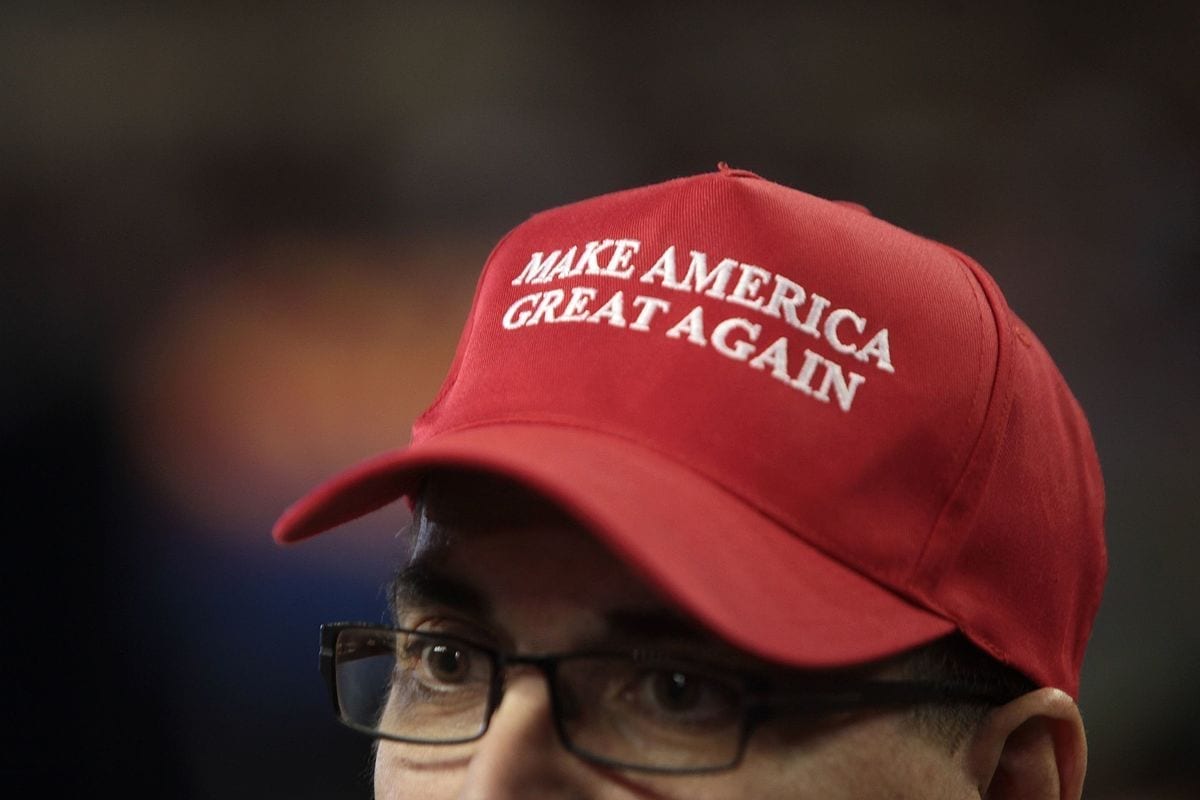In a much-awaited Tuesday decision, the Supreme Court upheld President Donald Trump’s travel ban.
The justices split primarily along party lines, voting 5-4 to affirm the president’s power to curb immigration in the interest of national security.
The latest version of the ban—which was issued several times before being sent to the Supreme Court—places travel restrictions on citizens of five Muslim-majority countries. Along with Iran, Libya, Somalia, Syria and Yemen, the executive order also puts an entry embargo on Venezuelan and North Korean nationals.
Chad and Iraq were removed from the list earlier in the year.
Critics of the travel ban have long noted that its intent fits a controversial Trump campaign promise: curtailing Muslim immigration into the United States. The order’s April rendition added Venezuela and North Korea onto a list which had, in the past, been exclusively occupied by Islamic states.
Judges from lower courts pointed to Trump’s statements on the campaign trail as proof of unconstitutional intent. The president’s speeches and tweets were taken as part of a body of evidence indicating the commander-in-chief’s desire to overstep certain First Amendment protections.
Tuesday’s ruling, writes POLITICO, deemed Trump’s Islamophobic history irrelevant.
The Supreme Court has essentially said that the president’s executive order can stand, although the justices’ decision won’t stop litigation against it.
SUPREME COURT UPHOLDS TRUMP TRAVEL BAN. Wow!
— Donald J. Trump (@realDonaldTrump) June 26, 2018
“The Proclamation is expressly premised on legitimate purposes: preventing entry of nationals who cannot be adequately vetted and inducing other nations to improve their practices,” wrote Chief Justice John Roberts in the majority opinion. “The text says nothing about religion.”
Roberts suggested that second-guessing the president’s policy objective was outside the proper realm of the judiciary.
“We cannot substitute our own assessment for the Executive’s predictive judgments on such matters, all of which are ‘delicate, complex, and involve large elements of prophecy,’” wrote Roberts.
Along with Roberts, the majority decision was supported by Justice Anthony Kennedy. POLITICO quotes Kennedy as offering a mild rebuke of the Trump administration, without mentioning the president by name.
“There are numerous instances in which the statements and actions of Government officials are not subject to judicial scrutiny or intervention,” Kennedy wrote. “That does not mean those officials are free to disregard the Constitution and the rights it proclaims and protects. … Indeed, the very fact that an official may have broad discretion, discretion free from judicial scrutiny, makes it all the more imperative for him or her to adhere to the Constitution and to its meaning and its promise.“
Dissent against the majority was “blistering,” with Justice Sonia Sotomayor penning a particularly withering opinion.
“The majority here completely sets aside the President’s charged statements about Muslims as irrelevant,” she wrote. “That holding erodes the foundational principles of religious tolerance that the court elsewhere has so emphatically protected, and it tells members of minority religions in our country ‘that they are outsiders, not full members of the political community.’”
Sotomayor also compared with the executive travel ban and its intent with the forced internment of Japanese-Americans during World War II.
Sharp criticism from Sotomayor and her liberal colleagues prompted the Court to formally repudiate the same 1944 case which authorized the executive’s authority to imprison Americans of East Asian descent.
Sources
Supreme Court upholds travel ban
Supreme Court upholds Trump’s travel ban
What Supreme Court ruling on travel ban means for other countries


Join the conversation!